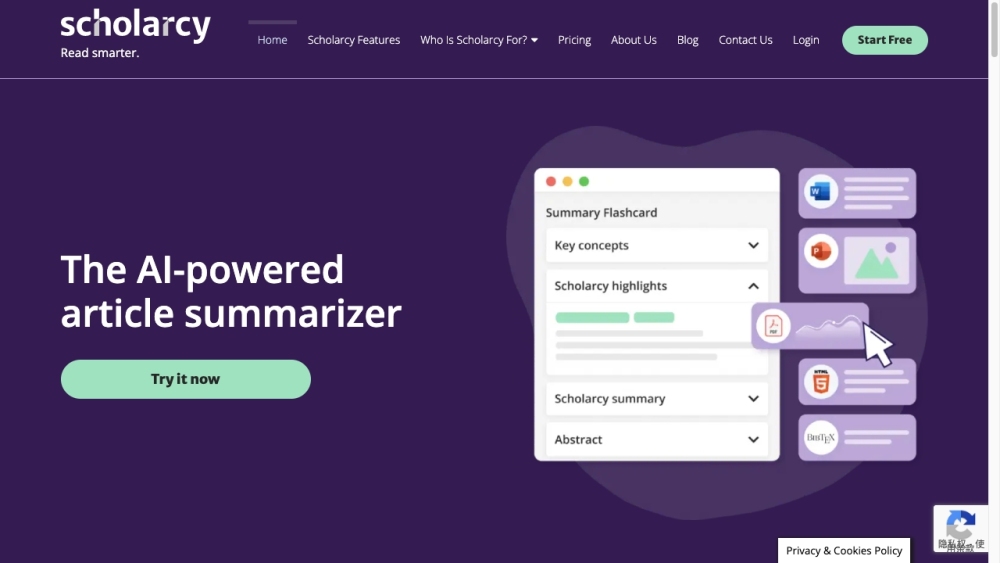Intel and Penn Medicine Collaborate on AI Technology to Detect Brain Tumors
Most people like

Synthace empowers research and development teams to effortlessly conduct experiments and gather data—all without the need for coding. This innovative platform streamlines the experimental process, making it accessible to scientists and researchers of all skill levels.

Discover the power of our AI-driven suite designed specifically for effective spend management. This innovative solution harnesses cutting-edge technology to optimize budgeting, streamline expenses, and enhance financial reporting. With our AI-powered tools, organizations can gain valuable insights, improve decision-making, and achieve substantial cost savings. Transform your financial strategy today with our comprehensive spend management platform.

Scholarcy is an innovative AI tool designed to transform articles into summarized flashcards, enabling quick and efficient assessments. Unlock the power of streamlined learning with Scholarcy, making it easier than ever to grasp essential information at a glance.

Are you an anime enthusiast or an aspiring artist looking to bring your creative visions to life? Our cutting-edge AI platform offers an innovative way to generate breathtaking anime artwork effortlessly. With a user-friendly interface and advanced algorithms, you can transform your ideas into stunning visuals in no time. Join a community of creators and unleash your imagination with our powerful tools designed specifically for anime art. Embrace the future of creativity with our AI-driven platform today!
Find AI tools in YBX
Related Articles
Refresh Articles
